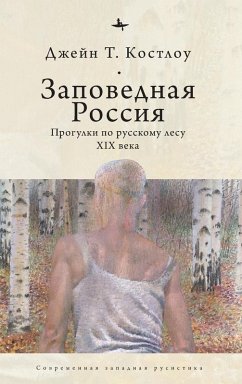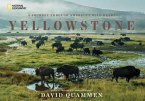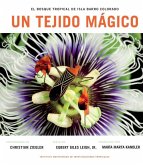The essays in this book explore the myriad ways in which forests figure in nineteenth century Russian culture. Associated with national identity and religious tradition, with peasant lifeways and generations of rebels, Russia's forests in the nineteenth century also became cause for increasing scientific attention and environmental concern, as landowners, agronomists and public officials came to understand the rapaciousness with which these iconic woodlands were being cut down. Jane Costlow's study explores the intersections of scientific thought and artistic imagination, constructions of identity and articulations of an ecological ethic. Individual chapters treat the work of Turgenev, Mel'nikov-Pechersky, Korolenko and Nesterov, with additional consideration of a rich array of figures, from Dostoevsky, Tolstoy and Repin to the naturalist Dmitrii Kaigorodov and the foresters of the St. Petersburg Forest Academy. Heart-Pine Russia won the 2014 USC Award for Best Book in Literary and Cultural Studies.
Hinweis: Dieser Artikel kann nur an eine deutsche Lieferadresse ausgeliefert werden.
Hinweis: Dieser Artikel kann nur an eine deutsche Lieferadresse ausgeliefert werden.








